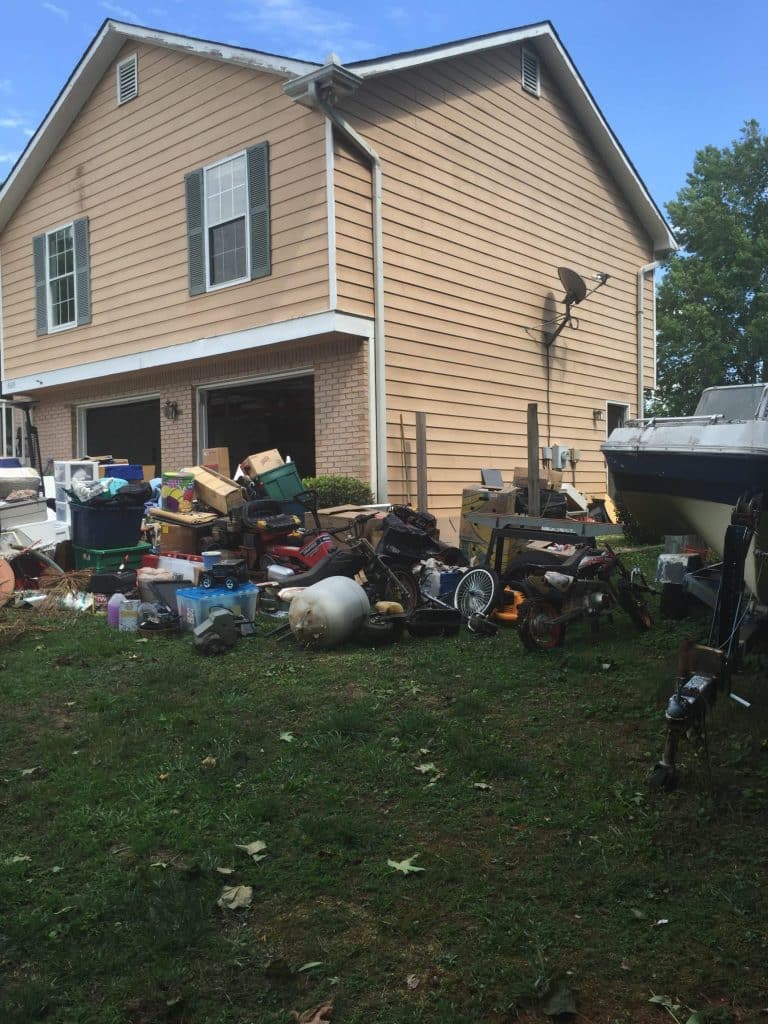In the realm of homeownership, unexpected financial setbacks can sometimes lead to the looming threat of foreclosure. For individuals facing this distressing situation, one question often arises: Can I refinance my mortgage to avoid foreclosure? The answer isn’t a simple yes or no but rather a nuanced exploration of the potential benefits and considerations involved in mortgage refinancing as a strategy for foreclosure prevention.
Benefits of Refinancing Your Mortgage
Firstly, it’s crucial to understand what mortgage refinancing entails. Essentially, refinancing involves taking out a new loan to replace the existing mortgage. This new loan typically comes with revised terms, such as a different interest rate, different repayment period, or a shift from an adjustable-rate to a fixed-rate mortgage or vice versa. By refinancing, homeowners aim to reduce their monthly payments, decrease the overall cost of the loan, or extract equity from their property.
Refinancing can indeed serve as a viable tool to avoid foreclosure in certain circumstances. For instance, if the current mortgage terms are unfavorable, refinancing to secure a lower interest rate can significantly decrease monthly payments, making them more manageable for struggling homeowners. Moreover, if the home has appreciated in value since the original mortgage was obtained, refinancing might allow homeowners to access some of that equity, providing a source of funds to address financial difficulties. That is called a cash out refinance and you leave closing with a check in excess of your old mortgage balance. Also, if you were paying PMI, private mortgage insurance, then an increase in value of your home could eliminate the PMI payment on your mortgage.
The Challenge with Refinancing When Facing Foreclosure
However, it’s essential to approach mortgage refinancing as a foreclosure prevention strategy with caution and realistic expectations. Refinancing comes with costs, including application fees, appraisal fees, closing costs, and potentially points, which can negate the financial benefits if not carefully considered. Additionally, refinancing doesn’t erase existing financial obligations; it merely rearranges them. Homeowners must ensure they can afford the new loan terms and continue making timely payments to avoid a repeat of financial distress.
Furthermore, eligibility for refinancing may depend on various factors, including credit score, income stability, debt-to-income ratio, and the current market value of the property. Individuals facing imminent foreclosure may find it challenging to meet these eligibility criteria, especially if their financial situation has deteriorated significantly. Nothing impacts an individual’s credit more than paying your mortgage on time. For the most part, that is someone’s most important bill. If they lose their car from not making payment, then they can take public transportation or UBER. If you don’t pay your house and lose your house, you are homeless. So if you are in the position where you are not able to make your mortgage payments, chances are your credit score will not be good enough to refinance into a new mortgage.
Alternative Foreclosure Prevention Measures
Loan modification or assistance programs may be more appropriate avenues to explore. The key is communication. Communicate early and frequently with your lender if you fall behind on your mortgage payments. If you can get your mortgage company to agree to a loan modification plan, that would be a win. A loan modification plan is where the mortgage company takes away the past due balance and adds it on at the end of the loan. You get a fresh start with payments, but you do owe the past due balance at the end. There are also government programs that may offer assistance if you fall behind on your mortgage. Here is some information aboutwhat your rights are if you are facing foreclosure What are my rights
Sell To a Cash Home Buyer
One last way to avoid foreclosure if you don’t qualify for a refinance is to sell your house. Because you don’t have a lot of time, you will probably need to find a cash home buyer. Cash home buyers will buy your house as-is in its current condition. Because foreclosures happen very fast depending on the state you are in, there isn’t time to sell to a traditional home buyer. A traditional home buyer has to get a mortgage approval, do the inspections, renegotiate the purchase price, and close. Cash home buyers close fast and you don’t have to do any repairs. Usually if a homeowner falls behind on their mortgage payment, they don’t have the cash to put into repairs. A cash home buyers allows you to avoid foreclosure, sell your house as-is, and move on your terms.

If you can’t find a home buyer that can pay in all cash, selling your home subject-to your mortgage is an option. This is where a home buyer catches up the past due mortgage payment, you deed the house to the buyer, and the buyer makes the mortgage payment on your behalf. This fixes your credit faster than just selling your house for cash because you get the positive payment history on your credit report, and nothing fixes your credit faster than positive mortgage payment history. Here is more information about selling your house subject-to your existing mortgage. Passing the Torch: The Ins and Outs of Having a Home Buyer Take Over Your Mortgage
In conclusion, while mortgage refinancing can potentially serve as a means to avoid foreclosure by restructuring loan terms and reducing financial strain, it’s not a one-size-fits-all solution. Homeowners must carefully assess their financial circumstances, weigh the costs and benefits of refinancing, and explore alternative foreclosure prevention options available to them. Consulting with financial advisors, housing counselors, or mortgage lenders can provide invaluable guidance in navigating this complex decision-making process. Ultimately, proactive financial management, coupled with informed decision-making, is key to safeguarding homeownership and mitigating the risk of foreclosure.




